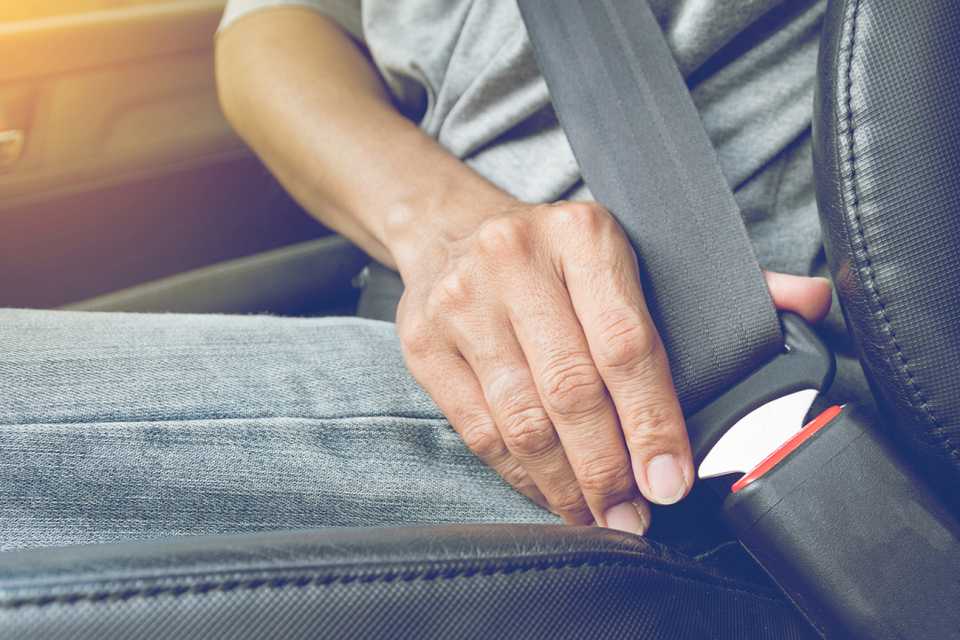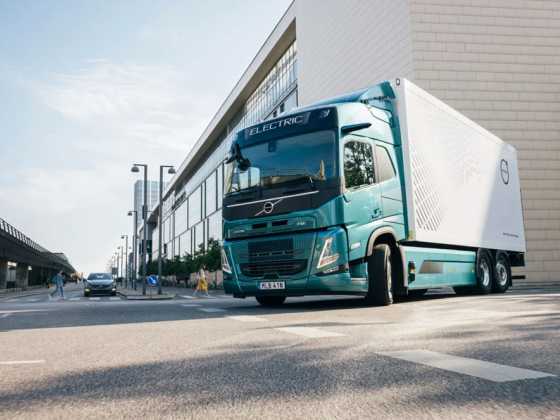EU deal on new safety measures agreed in Strasbourg

A provisional EU deal means new cars, vans, lorries and buses sold in Europe will be fitted as standard with a range of new vehicle safety features.
Starting in 2022, the measures include new crash testing requirements, mandatory installation of driver assistance systems including Automated Emergency Braking (AEB) with pedestrian and cyclist detection, overridable Intelligent Speed Assistance (ISA) and Lane Keep Assistance (LKA), as well as a new direct vision standard for lorries and buses to enable drivers to have a better view of other road users around their vehicle.
The UK's Vehicle Certification Agency has previously said the UK will align with EU vehicle standards after Brexit.
EU Commissioner Elzbieta Bienkowska said: "Every year, 25,000 people lose their lives on our roads. The vast majority of these accidents are caused by human error. With the new advanced safety features that will become mandatory, we can have the same kind of impact as when safety belts were first introduced."
A recent report from road safety charity Brake and insurers Direct Line found that drivers support these measures, with nearly 9 in 10 agreeing that all new cars should be fitted with the latest life-saving safety features as standard.
Based on a survey of more than 2,000 UK drivers, the report also found that more than half of drivers would not spend more on a new car to ensure it had AEB, ISA or LKA, highlighting how the EU’s regulatory action will help deliver the life-saving potential of these technologies for all.
Brake also asked drivers their views on what should happen to our vehicle safety standards post-Brexit - 9 in 10 want car safety standards in the UK to remain at least as high as those across the EU, post Brexit.
Joshua Harris, director of campaigns for Brake, said:
“This is a landmark day for road safety. These measures will provide the biggest leap forward for road safety this century, perhaps even since the introduction of the seat belt. These lifesaving measures come at a vital time, with road safety in a concerning period of stagnation with more than 70 people still being killed or seriously injured on British roads every day.
“The Government must commit to adopting these lifesaving regulations, no matter what happens with Brexit."



